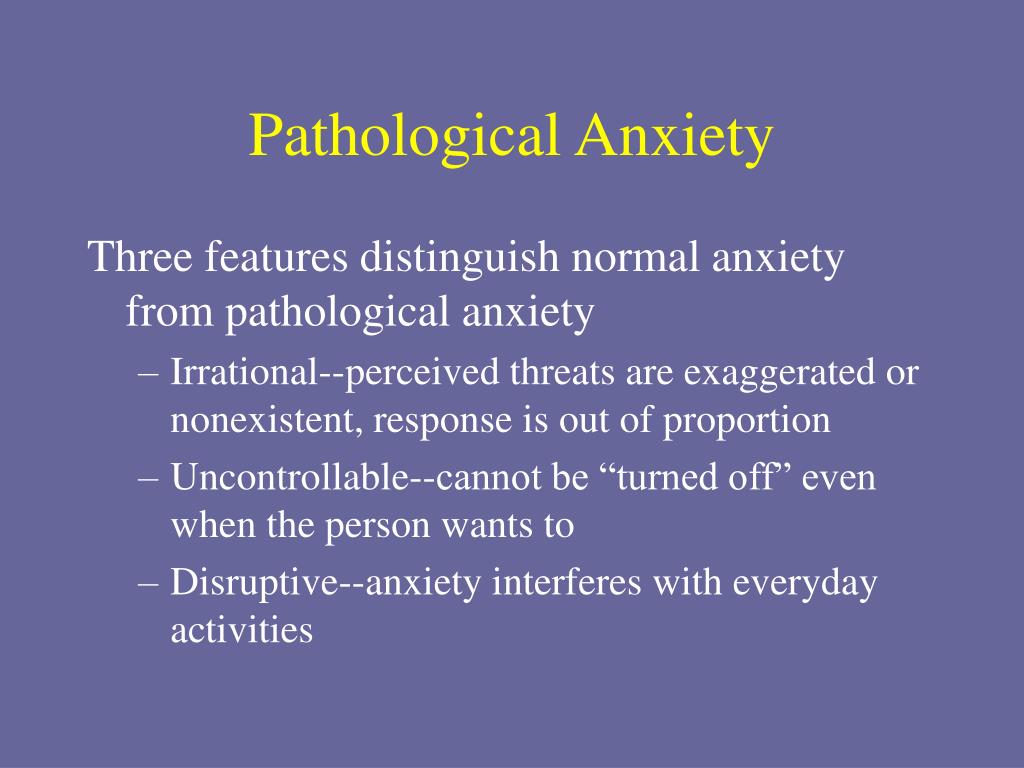



“I’ve had dozens of pregnancy tests over the years, and despite always using condoms during sex, I’ve taken the morning-after pill more times than I can count.” Gemima Rigby’s tokophobia “manifested in physical symptoms of pregnancy, like experiencing a metallic taste in my mouth, frequent urination, and even the sensation of something moving inside me,” she wrote for Broadly in 2018. Psychologist Girish Shetty, from Mind and Soul clinic in Mumbai says, “While some women with tokophobia choose to avoid pregnancy altogether or, in very extreme cases, even consider termination if they find themselves pregnant others, in order to avoid giving birth naturally, forcefully opt for a C-section.” Women with tokophobia are unable to cope, however. “Many women, through self-help efforts, talking to peers, doctors or relatives about their fear of getting pregnant or delivery, do cope with the fear and anxieties about pregnancy and childbirth,” says Dr Resham Chakraborty, a gynecologist with Sunshine Maternity Clinic, Mumbai. But the only study of tokophobia in India found these paralyzing fears of pregnancy and childbirth more common among women who have never been pregnant. There is some evidence that secondary tokophobia might be more common, especially among women who experienced obstetric trauma while previously giving birth. Tokophobia can be experienced by women who aren’t and have never been pregnant (‘primary’ tokophobia), and also by women who have already been pregnant and given birth (‘secondary’). And because of social media, this paralyzing fear is spreading. In medical terms, these women are experiencing tokophobia. It’s a small, but growing group - as many as 13% of the female population may want or wish to have children, but pathologically fear the process of pregnancy and birth. But for some women, the fear of body changes, contractions, interventions, uncertainty and pain during the overall process of pregnancy, labor and birth can be so overwhelming that they avoid getting pregnant or avoid natural childbirth altogether - even though they may actually want to bear children. It’s common for women to feel nervous about getting pregnant and feel anxious about labor and birth once they do.


 0 kommentar(er)
0 kommentar(er)
